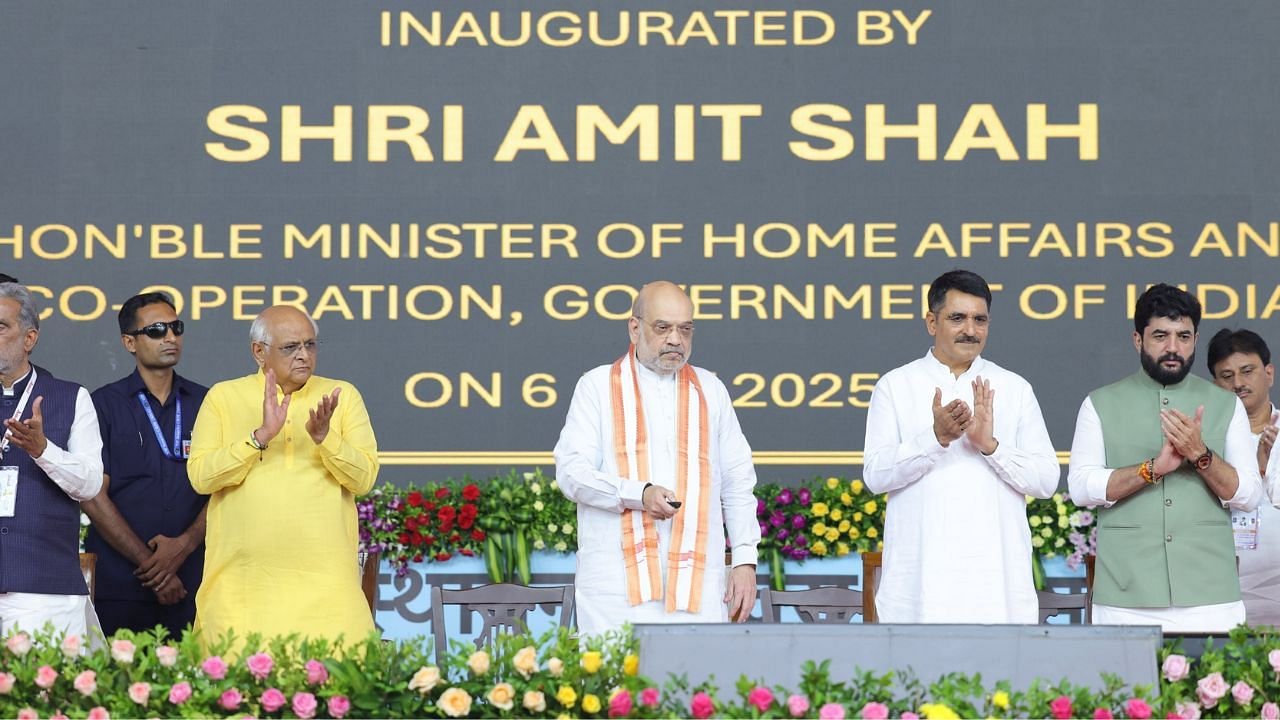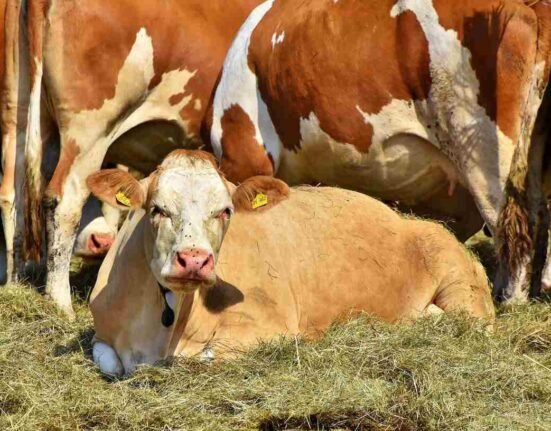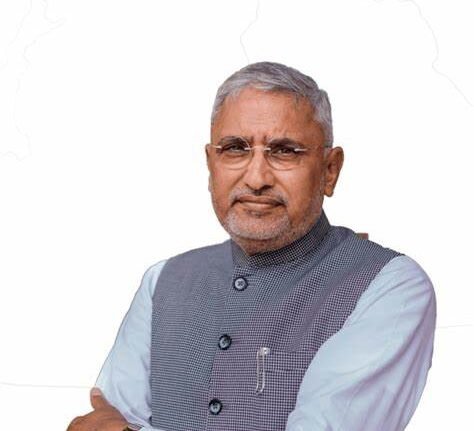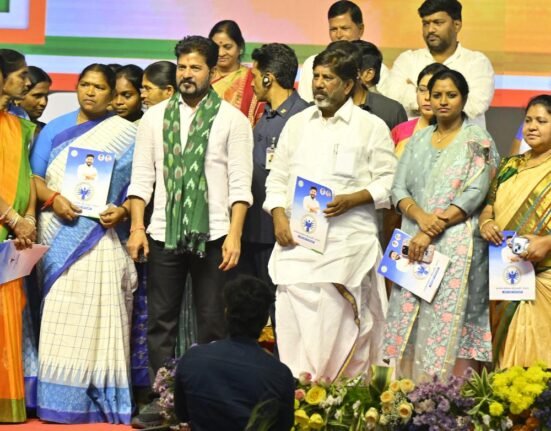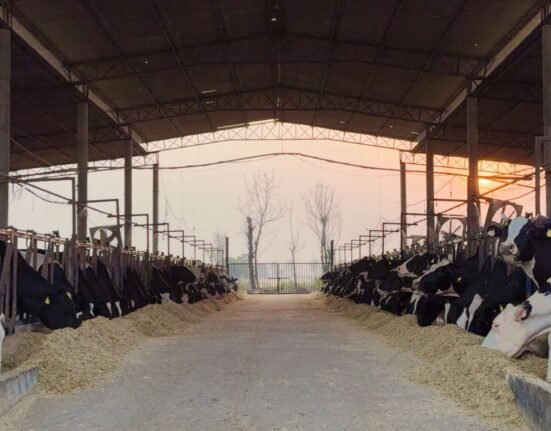Anand, Gujarat – July 6, 2025: Marking four years since the creation of the Ministry of Cooperation, Union Home and Cooperation Minister Amit Shah inaugurated a series of transformative projects in Anand, Gujarat — India’s dairy and cooperative heartland. The occasion was also part of the 150th birth anniversary celebrations of Sardar Vallabhbhai Patel.
At the centre of the day’s announcements was the launch of the Sardar Patel Cooperative Dairy Federation Limited, aimed at strengthening cooperative dairy operations with a pan-India footprint. Shah also unveiled the Federation’s logo, symbolising a unified vision for dairy prosperity through cooperation.
Boost to Amul and NDDB Infrastructure
The minister inaugurated two major expansion projects under Amul:
- The Khatraj cheese plant is poised to enhance its processing capacity significantly.
- The Mogar chocolate plant, which now doubles its output from 30 to 60 tonnes per day.
In a significant stride toward self-reliance in dairy cultures, the National Dairy Development Board (NDDB) unveiled its Ready-to-Use Culture (RUC) facility, developed at a cost of ₹45 crore. The facility aims to localise the production of microbial cultures essential for fermented dairy products, thereby reducing import dependence.
Further bolstering the sector’s institutional backbone, Shah inaugurated the new headquarters of the National Cooperative Dairy Federation of India (NCDFI)—the Maniben Patel Bhawan—and laid the foundation stone for a new NDDB office complex.
Women-Driven Growth in Gujarat’s Dairy Cooperatives
Coinciding with International Cooperative Day, the Gujarat Cooperative Milk Marketing Federation (GCMMF) shared striking data showcasing the surge of women-led dairy cooperatives:
- Women now comprise 32% of Gujarat’s 36 lakh dairy members.
- Milk collection from women-run cooperatives rose 39%, from 41 lakh litres per day in 2020 to 57 lakh litres in 2025.
- These cooperatives now account for 26% of Gujarat’s total milk procurement.
- The annual income from women-led societies exceeded ₹9,000 crore, marking a 43% revenue increase.
- The number of such societies has increased by 21% over the past five years, now totalling 4,562.
Notably, 82 women now serve on the boards of Gujarat’s dairy unions, accounting for 25% of the total board representation—a landmark shift toward gender parity in governance.
Tribhuvan Sahkari University: A Game-Changer for Cooperative Education
On July 5, Amit Shah also laid the foundation for India’s first national-level cooperative university, the Tribhuvan Sahkari University (TSU). Located in Anand, TSU is poised to transform the cooperative sector through structured education, training, and research.
Key highlights:
- Target to train 20 lakh cooperative personnel over five years.
- Multidisciplinary degrees, diplomas, and certificate courses tailored to PACS, dairy, fisheries, and rural cooperatives.
- Dedicated R&D council to drive innovation in cooperative operations.
- Plans to link over 200 cooperative institutions across India for standardisation and capacity building.
- Curriculum aligned with National Education Policy (NEP) 2020 to support grassroots leadership and cooperative governance.
Minister Shah emphasised that “cooperation cannot thrive without transparency, technology adoption, and member-first governance.” He added that the ministry has introduced over 60 cooperative reforms guided by five pillars: People, PACS, Platform, Policy, and Prosperity.
New Cooperative Models and Community Initiatives
As part of a broader agenda, Shah also announced the creation of the Kutch District Salt Cooperative Society, modelled after the success of Amul, aiming to uplift salt workers through organised and transparent cooperatives.
The event concluded with a tree plantation drive under the ‘Ek Ped Maa Ke Naam’ campaign and the launch of a new NCERT educational module to promote cooperative values among schoolchildren.

